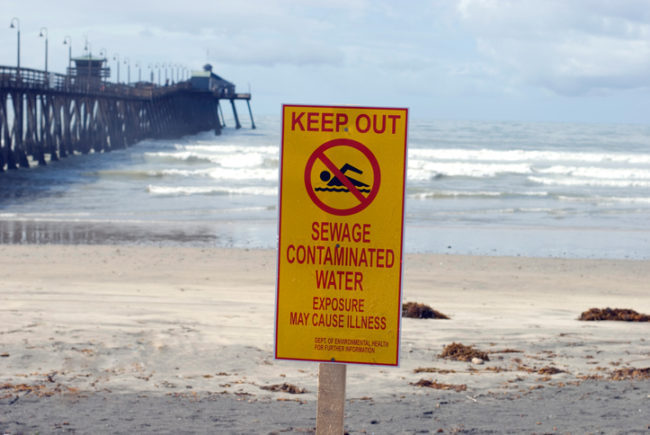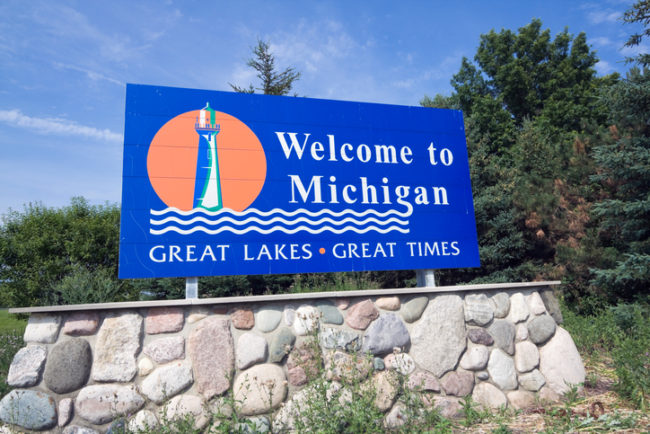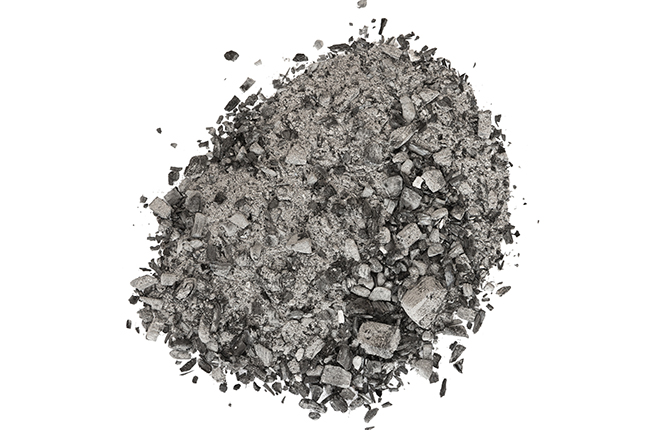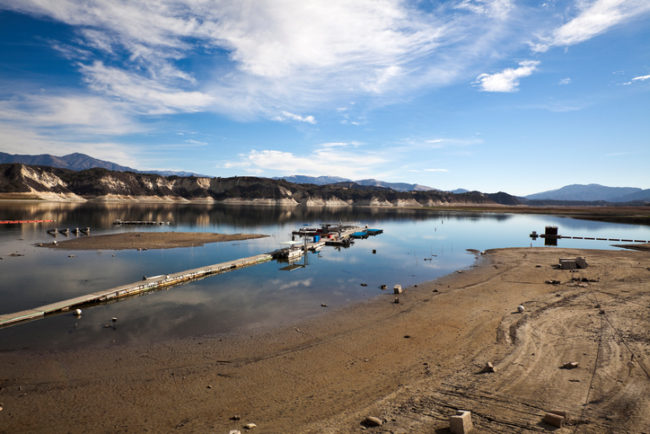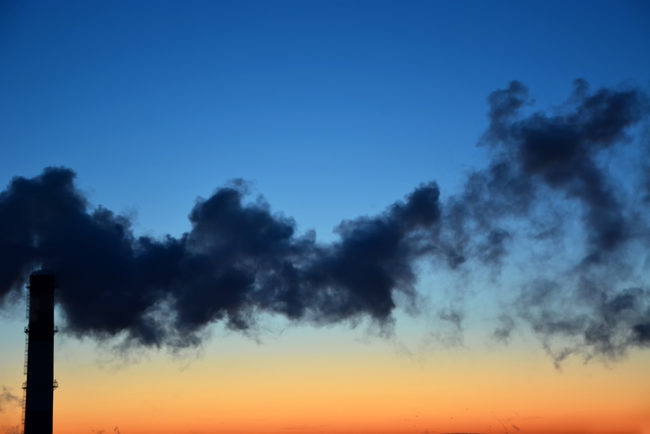A pollution lawsuit initially filed against three major oil companies is settling for almost $200 million, with additional parties still negotiating. In 2007, the state of New Jersey sued a number of oil companies in U.S. District Court for the Southern District of New York over their usage of MTBE (methyl tertiary butyl ether). MTBE was a synthetic chemical added to gasoline to help fuel burn more completely and reduce tailpipe emissions from vehicles. MTBE was approved for use in gasoline by the EPA in …
Continue Reading



